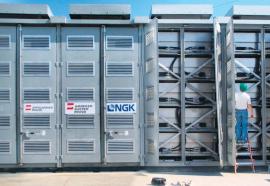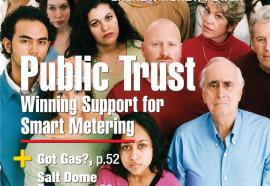Energy Technology: Cultivating Clean Tech
New Models for Energy RD&D: A new ‘Clean Energy Institute’ could lead the industry’s war on climate change.
Clean-energy R&D needs better funding and leadership to meet aggressive greenhouse-gas emissions reduction targets. But how does the industry get there, and what management model best suits achieving such lofty goals? A new ‘clean-energy institute’ might be the answer.








